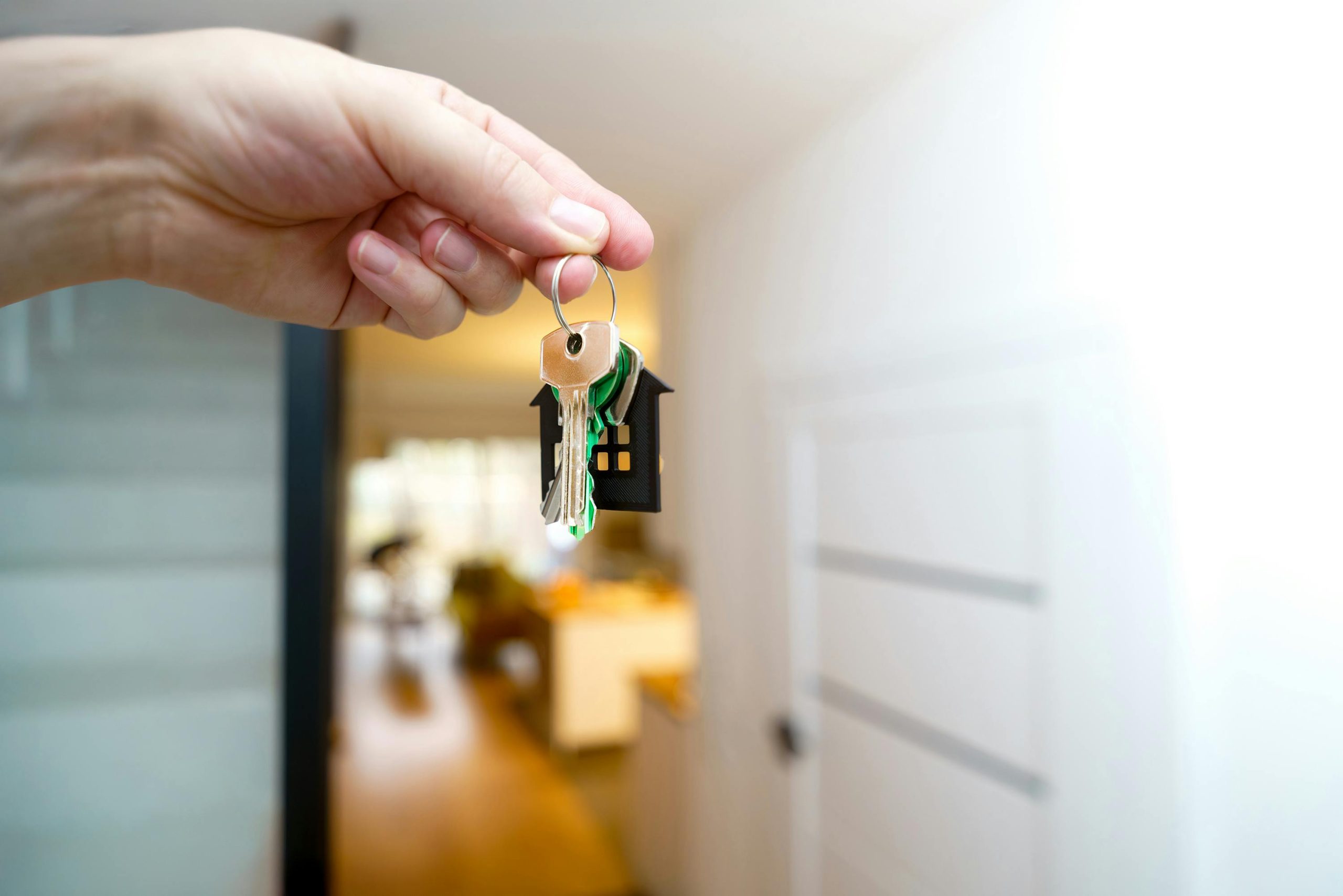Will my auto insurance premium increase even if I don’t file a claim?
Here’s the situation: While backing out of a parking lot, I accidentally drove over some bricks, damaging my bumper and breaking the hinges that attach it to the frame. I also ruined my undercarriage splash guard and wheel arch liner/splash guard. At first, I planned to buy replacement parts from a junkyard and fix it myself. However, my family encouraged me to check with my insurance to see if they would cover the repairs.
When I contacted GEICO, the representative informed me that asking about a claim could be interpreted as admitting to an at-fault accident. After gathering my information, they clarified that I didn’t have to use my insurance, and the claim would only be noted for record-keeping purposes. I then asked if having this record, even without filing a claim, would lead to a rate increase at renewal time. Several agents weren’t able to provide a clear answer, but one Spanish-speaking representative assured me that my premium wouldn’t increase if I opted not to file for damages.
Has anyone had a similar experience? If I decide to repair the damage myself, will my insurance rates still go up simply because a record of the incident exists, even if I pay for the repairs out of pocket?




It’s understandable to be concerned about how a situation like this might impact your insurance rates. Generally, the way insurance companies handle claims can vary significantly by company and state.
In many cases, if you report an incident to your insurance provider—even if you don’t end up filing a claim—it can still be recorded on your policy. This may not directly lead to a rate increase, especially if you don’t have any other claims or incidents on your record, but it can depend on how your insurer assesses risk and their specific policies.
Insurance companies often look at factors like claims history when determining premiums. If they see that you’ve reported an event, there’s a chance they might consider you at a higher risk, especially if they categorize it as an at-fault incident. However, every insurer has different criteria for how they weigh reported claims, so it’s tough to predict with certainty.
If you want to avoid the potential for a rate increase, it may be best to take care of the repairs out of pocket and not officially report the incident, provided you’re comfortable doing so. Keeping track of repairs and maintaining your vehicle’s condition is important too.
Ultimately, since the representatives you spoke with had varying responses, it could also be worthwhile to review your policy details or ask for clarity from your insurance company in writing. Some people also find it helpful to speak with an insurance agent who specializes in your specific provider to get a definitive answer.